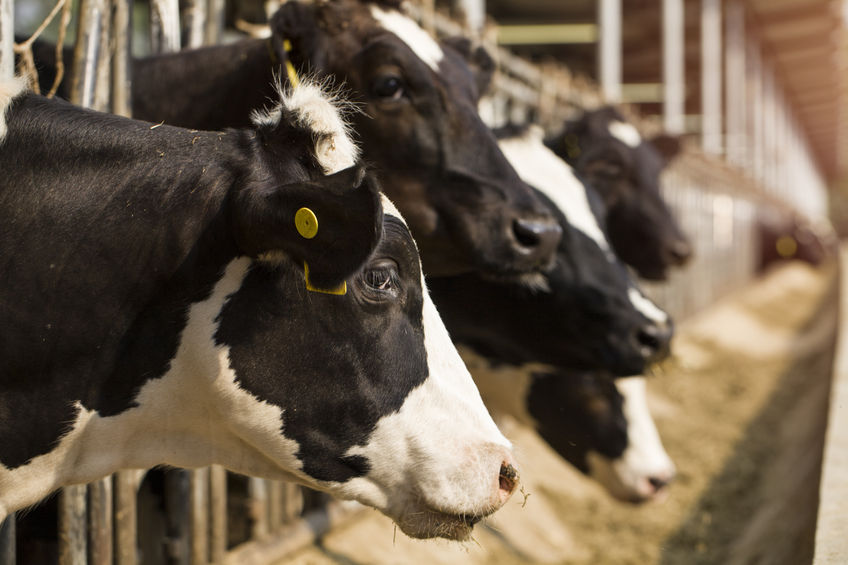McDonald's unveils £500,000 grant for UK dairy farmers to invest in animal welfare

McDonald's UK has unveiled a £500,000 capital grant scheme to help dairy farmers who work with Arla deliver animal welfare initiatives.
Developed in partnership with dairy cooperative Arla Foods, the scheme is making £500,000 available to UK dairy farmers who work with Arla this year.
Successful applicants will be awarded a grant of up to £10,000 each to fund innovation in animal welfare on their farm.
Connor McVeigh, Supply Chain Director at McDonald’s UK, said: “UK farmers have always been front-footed when it comes to animal welfare... they continue to invest and innovate. We want to work hand in hand with farmers to make sure the industry continues to thrive.
“That’s why, as part of our Farm Forward programme, we are investing half a million pounds this year to support farmers who are driving innovation in animal welfare on their farms.”
The grant announcement follows new research commissioned by McDonald’s UK and conducted by the National Farm Research Unit, which found 40% of livestock farmers plan to invest in animal welfare over the next 12 months.
This makes it the single biggest focus of investment, ahead of spending on infrastructure (37%) and working capital (30%).
The research also showed that 88% of farmers are already accredited by a farm assurance scheme and, of those remaining, 20% are working to gain accreditation this year.
'Globally competitive'
Asked why they are increasing their investment in animal welfare, beyond improving animal health, 88% believe that high welfare standards are vital to making UK farming globally competitive.
Fifty-nine percent said they had seen an increased demand for higher welfare products over the last five years from food companies, retailers and end consumers.
The study also revealed a strong sense of personal responsibility amongst farmers.
Almost two thirds (64%) of respondents said they think individual farmers are responsible for driving animal welfare standards in the UK farming industry, followed by the government (44%), food companies and retailers (39%) and consumers (34%).
However, the research also highlighted serious challenges that farmers face when it comes to driving higher welfare standards. 70% cited high production costs, 53% said they had difficulties raising the funds themselves and 54% said they struggled to get outside funding.
Animal welfare
The study follows new Scotland’s Rural College (SRUC) research which investigated the connections between animals’ emotions and welfare, which could one day bring benefits for farmers and the consumer.
They found that litters of pigs that play the most also grow the fastest, suggesting that what benefits animals can also benefit farmers and, ultimately, consumers.
The government has also emphasised the importance of animal welfare to the agricultural industry, demonstrated by a number of recent announcements including legislation making CCTV cameras mandatory in slaughterhouses and the draft animal welfare bill.








